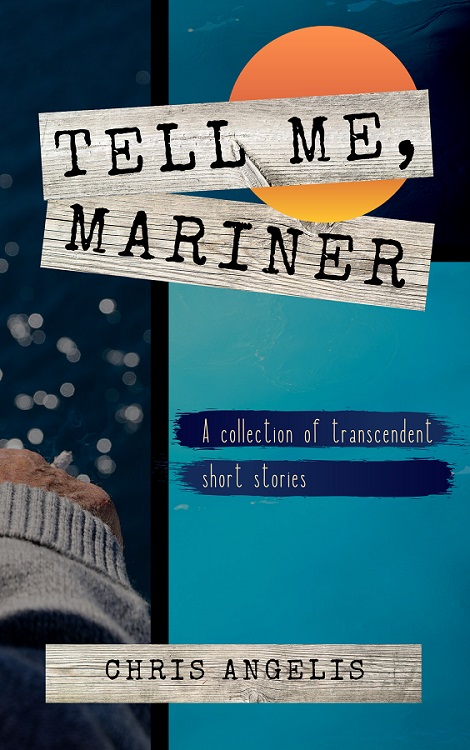It’s impossible to experience without memory. Think about it: If you had no memory beyond the immediate, ever-ghostly “now”, how could you remember how a sunset looked like? How could you remember your first kiss, or some important achievement?
Moreover, it’s not only experiencing that, without memory, would suffer. Learning would be difficult if not impossible. Much of what constitutes our humanity would be absent.
And yet, there’s something problematic about the coexistence of experience and memory. I’m of course referring to the fact that memory taints the experience it’s supposed to help us remember.
We often think we remember things very well, very accurately, maintaining an objective view to their real essence. As the perceptive, thinking reader that you are, I’m sure you’ve discovered many problems in the sentence above.
The truth is, we don’t remember things all that well, not very accurately, and it’s quite by definition that we can’t hold an objective view, let alone to the “real essence” of things – good luck defining that, especially for emotions, thoughts, and states of mind.
As I’ve said before, memory is crucial for writing – either fiction or nonfiction. So, how do we go about resolving the paradoxical coexistence between experience and memory?


